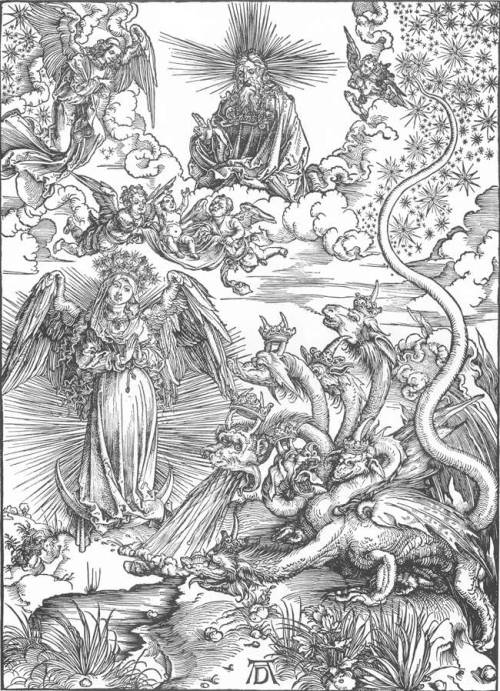शाज्ञान Śājñāna
शाज्ञान Śājñāna

More Posts from Orselig and Others
The mind wants to land, to fixate, to hold a concept, but the only way you can be really free is by not fixating. That’s part of true maturity, and it’s one of the hardest things for spiritual people who have had true and powerful revelations to go through - to accept the degree of surrender needed to literally let go of all experience and all self-reference. Even in great revelations, there is almost always something that wants to claim, “I am this.” Every time you claim, “I am this”, you just claimed another sense perception, thought, emotion, or feeling.
Adyashanti (via davejwatson)


We are not just highly evolved animals with biological computers embedded inside our skulls; we are also fields of consciousness without limits, transcending time, space, matter, and linear causality. - Stanislav Grof
Creatrix by Martina Hoffmann (2019) | website | instagram

幽玄 The two main elements in Noh acting were monomane, “an imitation of things,” or the representational aspect, and 幽玄 yūgen, the symbolic aspect and spiritual core of the Noh, which took precedence and which became the touchstone of excellence in the Noh. Zeami wrote, “The essence of yūgen is true beauty and gentleness,” but not mere outward beauty: it had to suggest behind the text of the plays and the noble gestures of the actors a world impossible to define yet ultimately real. Such plays as Matsukaze, written by Kan’ami and adapted by Zeami, have a mysterious stillness that seems to envelop the visible or audible parts of the work. In other of Zeami’s dramas there is less yūgen and more action and, occasionally, even realism. Yūgen (幽玄) is one of the important concepts in traditional Japanese aesthetics. The exact translation of the word depends on the context. In the Chinese philosophical texts the term was taken from, 幽玄 yūgen meant “dim”, “deep” or “mysterious”. In the criticism of Japanese waka poetry, it was used to describe the subtle profundity of things that are only vaguely suggested by the poems. Yūgen is said to mean “a profound, mysterious sense of the beauty of the universe… and the sad beauty of human suffering”. Yūgen suggests that beyond what can be said but is not an allusion to another world. It is about this world, this experience. Ortolani, 325). Ortolani, Benito. The Japanese Theatre. Princeton University Press: Princeton, 1995
Because I love that Scottish Blonde too

7 tamed and sublimated wheels of energy by the solar feminine into the cosmic presence

The woman clothed with the sun and the seven headed dragon, 1511, Albrecht Dürer
Medium: woodcut
“But what's puzzling you Is the nature of my game”


We don’t grow older, we grow riper.
- Pablo Picasso

Emerging from the water. By eventyrphotos

-
 ultrameganicolaokay liked this · 3 years ago
ultrameganicolaokay liked this · 3 years ago -
 orselig reblogged this · 3 years ago
orselig reblogged this · 3 years ago -
 orselig liked this · 3 years ago
orselig liked this · 3 years ago -
 forlorn-findings liked this · 3 years ago
forlorn-findings liked this · 3 years ago -
 kingdomofagoddess reblogged this · 3 years ago
kingdomofagoddess reblogged this · 3 years ago -
 samuli666 liked this · 3 years ago
samuli666 liked this · 3 years ago -
 juliaflowersblog liked this · 3 years ago
juliaflowersblog liked this · 3 years ago -
 alrasheed17 liked this · 3 years ago
alrasheed17 liked this · 3 years ago -
 velocitx liked this · 3 years ago
velocitx liked this · 3 years ago -
 blackandwhitespirit liked this · 3 years ago
blackandwhitespirit liked this · 3 years ago
